Biosimilars

All eyes are on Eylea, after Amgen said last week that it would launch the first US biosimilar in the face of ongoing litigation. The California-based player has spoken of its prospects in the wet-AMD space, including a desire to chart its own path amid supply shortages for Avastin.

In a citizen petition to the FDA, Alvotech has called on the US agency to refrain from approving as interchangeable certain Stelara biosimilars that use a different cell line to its own ustekinumab product – including the Pyzchiva version set to be brought to market by Samsung Bioepis and Sandoz.

While Roche admits that an acceleration of biosimilar competition to its blockbuster IL-6 inhibitor Actemra/RoActemra is anticipated in the final three months of the year, the Swiss originator has been surprised by the lack of challenge to its franchise so far.
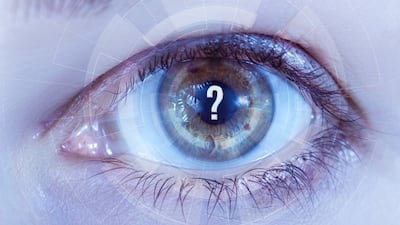
Sandoz has indicated that Amgen’s recently-announced at-risk US launch of a rival to Eylea doesn’t change its thinking around launch timing for its own FDA-approved aflibercept biosimilar.
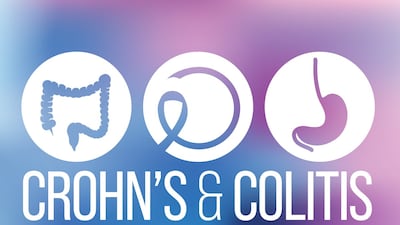
Alvotech and US marketing partner Teva have celebrated a further approval for their Selarsdi ustekinumab biosimilar rival to Stelara that encompasses a new presentation as well as a label expansion to include adults with Crohn’s disease and ulcerative colitis.
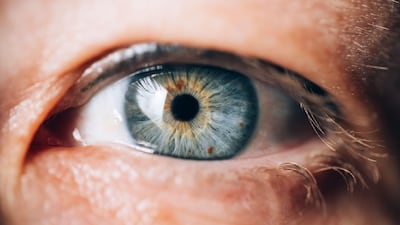
Roche’s 2022-launched Vabysmo took no time at all to reach the coveted $1bn in sales, and the originator is continuing to feel optimistic about the newer-generation VEGF brand’s prospects, even as Amgen readies the launch of the first US biosimilar to Eylea.

Only a month after filing their second biosimilar application with Japanese regulators, Alvotech and Fuji have submitted a further one for an undisclosed biosimilar as part of their local partnership.
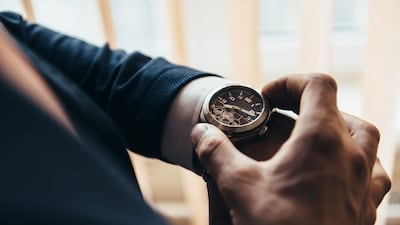
Biosimilar competition to Xolair, one of the largest monoclonal antibodies coming off patent in the middle of this decade, has been pushed back to an unknown date in the US, as Celltrion awaits news from the US FDA on its biosimilar application.

A watershed moment is on the horizon for US biosimilars, with Amgen looking poised to debut competition to Eylea (aflibercept).

With marketed European biosimilar rivals already making a dent in Stelara’s sales performance, Johnson & Johnson mourns its blockbuster’s upcoming loss of exclusivity across the Atlantic Ocean.

Fresenius Kabi has claimed another first for its Tyenne biosimilar rival to Actemra, becoming the debut challenger to the rheumatoid arthritis treatment to launch in Canada.

Accord has received a nod from the EMA for its Stelara biosimilar, while Neuraxpharm has seen a buprenorphine hybrid film endorsed and Viatris has received a positive CHMP opinion for an eltrombopag generic.

With clinical trials for its FYB206 proposed biosimilar to Keytruda (pembrolizumab) currently ongoing, Formycon has highlighted analytical studies that suggest its version is “structurally and functionally highly similar to the reference product.”

Gedeon Richter and Bio-Thera Solutions have announced a European licensing deal worth potentially more than $100m for the Chinese biosimilar developer’s BAT2206 proposed rival to Stelara.
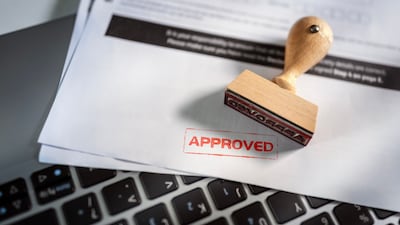
Partners Dong-A ST and Meiji Seika Pharma have demonstrated their credentials in the US biosimilar market, bagging a US Food and Drug Administration approval for their biosimilar Stelara product that will be commercialized by Accord Healthcare.

Alvotech is the latest to join several other competitors who have already submitted their denosumab biosimilar marketing authorization applications to the EMA.

Sandoz, Adalvo and Eurofarma were the biggest winners at the Global Generics & Biosimilars Awards 2024, each taking multiple honors, among the many champions named across 14 separate categories at our prizegiving ceremony in Milan.

The US FTC and FDA both received letters from the Senate but with different messaging. One commends for achieved findings and requests a new investigation and another scalds for not doing the assigned job.

Teva has broken new ground by filing its first independent biosimilar to the US Food and Drug Administration, for a proposed biosimilar to Amgen’s Prolia treatment for osteoporosis in postmenopausal women. However, the Israeli firm made no mention of its proposed Xgeva biosimilar, which it states is in Phase III clinical trials.

Biocon Biologics chief commercial officer for advanced markets Matt Erick says the firm is a “quiet giant” in the biosimilars space, but speaks up about the firm’s plans to grow its business in Europe, explore in-licensing as well as in-house development, and capitalize on the upcoming loss of exclusivity for Stelara in the US.